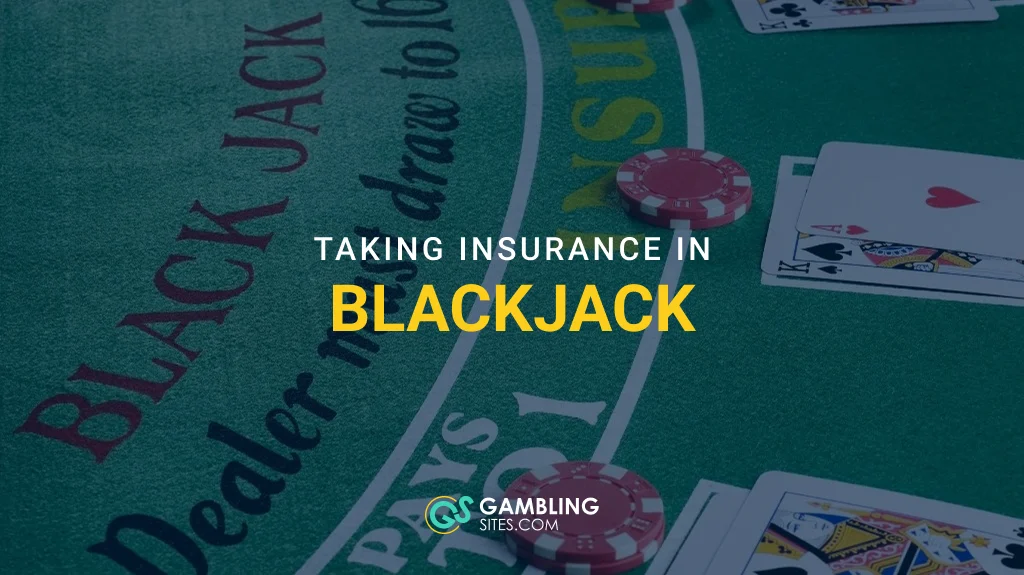Guide to Taking Insurance in Blackjack

Blackjack insurance is one of the most misunderstood side bets at the table. It’s offered when the dealer shows an Ace, and it seems like a smart way to protect your hand from an automatic loss — but is it really?
In this guide, I’ll break down how insurance bets work in blackjack, what they pay, and whether they’re worth your money. You’ll see real examples of winning and losing insurance bets, learn the actual odds, and find out how insurance fits into your overall approach.
What Is Blackjack Insurance?
Insurance in blackjack is a side bet offered when the dealer’s upcard is an Ace. You can place it before seeing how you’ll play your hand. It protects you in case the dealer’s downcard gives them blackjack.
Blackjack house odds, depending on the situation, may have players feeling like insurance is necessary. Here’s how it works.
How Do Insurance Bets Work?
Here’s a step by step outline how insurance bets work in blackjack.
| Step | Description |
|---|---|
| 1 | Your first two cards are dealt; the dealer shows an Ace. |
| 2 | You decide whether to place insurance (usually up to half your original bet). |
| 3 | Dealer checks their downcard. |
| 4 | If dealer has a 10-point card, dealer has blackjack → insurance bet wins at 2-1. |
| 5 | If dealer does not have blackjack, insurance bet loses; the hand plays out as normal. |
Odds for the Insurance Bet
When the dealer shows an Ace, insurance might seem like a smart safety net — but the math tells a different story.
In a single-deck game, there’s only about a 30.8% chance that the dealer’s face-down card is a ten, which is needed for blackjack. That probability shifts in multi-deck games depending on what’s left in the shoe, but it rarely improves enough to justify the bet. Despite paying 2:1, the true odds aren’t in the player’s favor.
This creates a significant house edge of 7–10% on insurance wagers. For most players, that makes insurance a negative expected value (EV) proposition. Unless you’re card counting and know the deck is stacked with ten-value cards, taking insurance consistently will hurt your bankroll over time.
Insurance in Blackjack Cost & Examples
How much does insurance cost in blackjack? Usually, you’re looking at half of your original bet. Some casinos require an exact 50%, while others allow any amount up to that.
As far as how much blackjack insurance pays out, it’s 2:1. If you bet $10 on insurance and win, you receive $20 plus your original $10 back.
To showcase examples from both sides, let’s suppose you get dealt a hand (ex: 10+7=17), the dealer’s upcard is an ace, and they offer you insurance before the game proceeds.
Is Insurance Ever Worth It in Blackjack?
Whether insurance bets are worth it depends on what you’re trying to do and how you’re playing.
Summary – Should You Take Insurance in Blackjack?
Here’s the bottom line: insurance is almost never a good bet unless you’re counting cards or playing in favorable conditions. The payout (2:1) doesn’t match the odds of the dealer holding blackjack and you’ll lose more than you win over the long run.
The point of playing a game like blackjack is to take advantage of the mild edge you can get against the house – not give it further edge back. Most players are better off sticking to basic strategy for blackjack and avoiding side bets altogether.
 80%
80% 75%
75%
